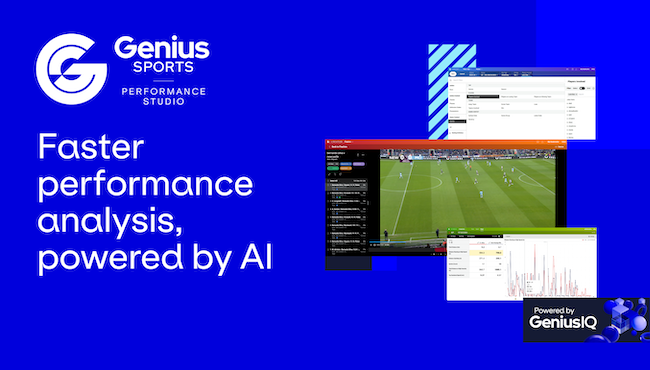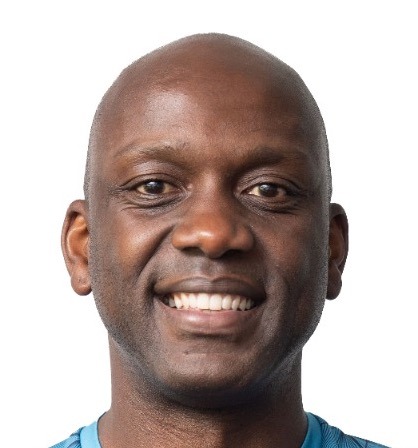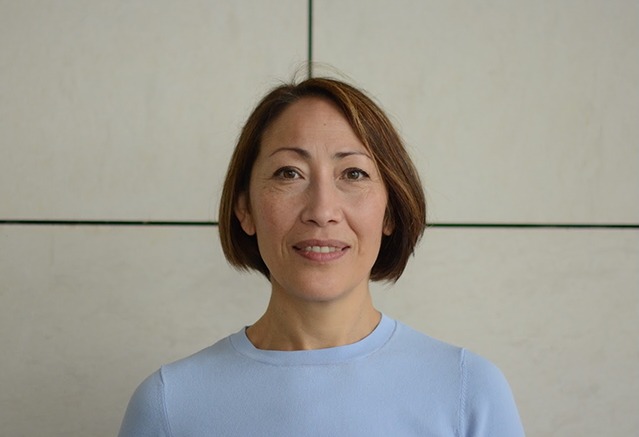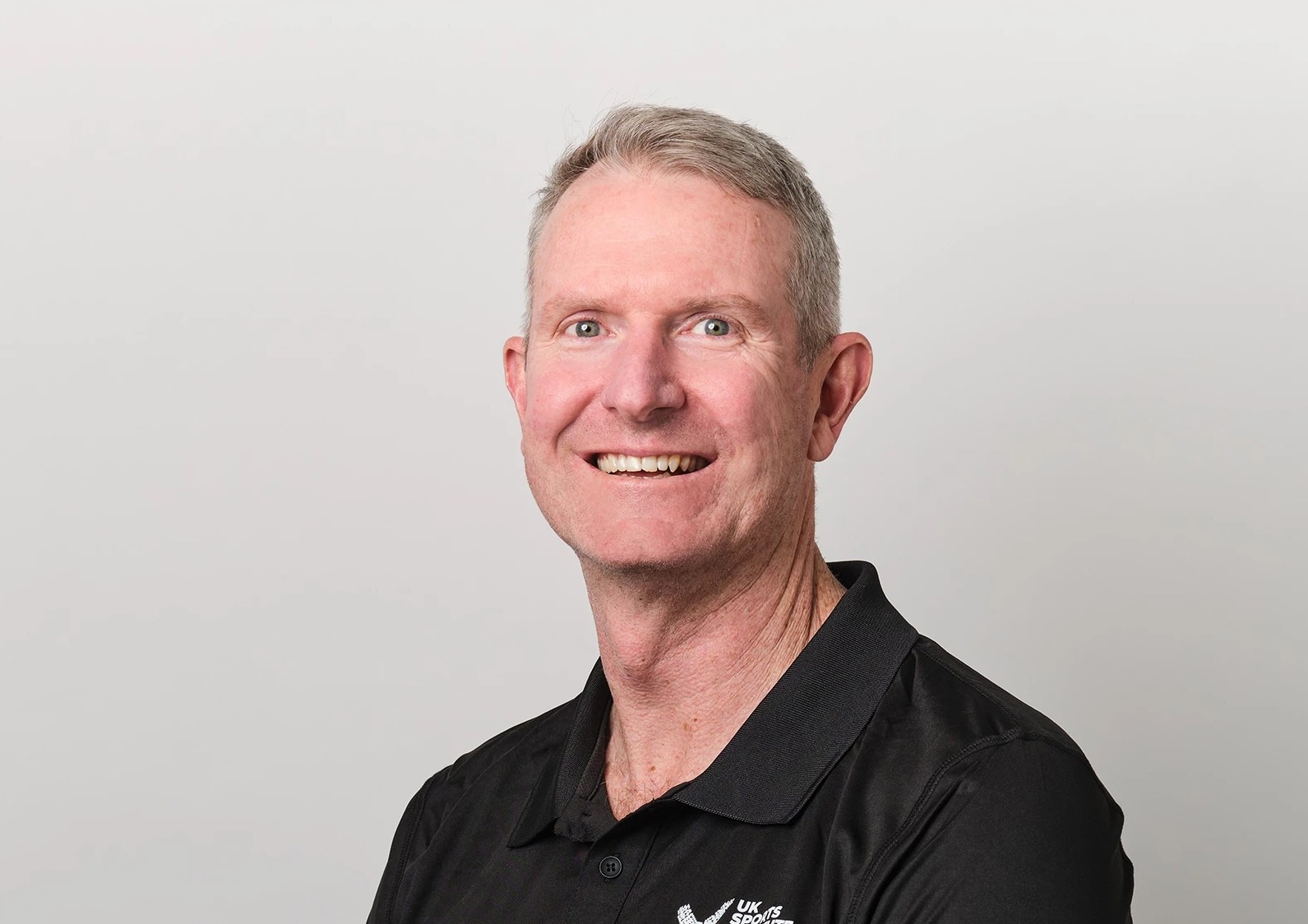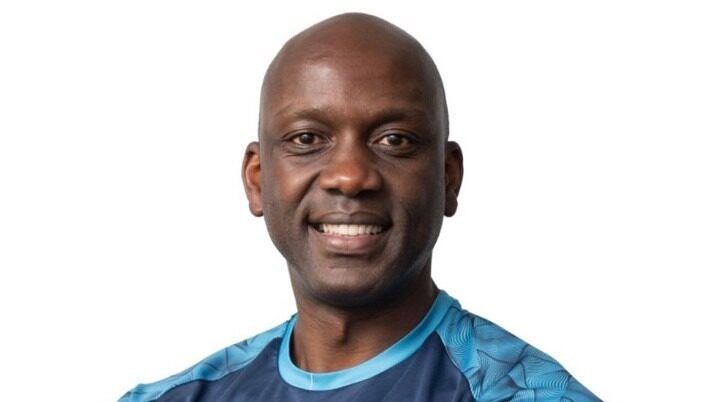
John Iga: Innovation scheme lets clubs think outside the box
Written by
Ian Westbrook
June 19, 2025
“The opportunity is there to think differently,” says performance expert John Iga, when looking at ways in which clubs can make best use of the government’s Research and Development Tax Credit Scheme.
The scheme was launched in 2013 with the intention of incentivising organisations, including football clubs, to innovate in the areas of science and technology for the public good.
Those which take part are able to claim 20% of the costs of research programmes that will be shared publicly and “create advancements in the overall field”.
Iga says the government wants to try to encourage companies to “effectively become a beacon of research innovation”.
But how does this relate to football?
Iga has worked in the game for many years. He was Head of Academy Science and Medicine and Lead Sport Scientist for Wolves, where he worked for four-and-a-half years, Head of Sport Science for the Football Association for three-and-a-half years and most recently Head of Strategy and Innovation at Norwich City for just over three years.
He told TGG: “Where we’ve been really successful in the past with this, in the context of football, is really understanding what clubs want to do, working with them to define their performance plans, understanding where the gaps are that almost hamper their ability to work at a strategic level, and move things forward.
“Also to put together programmes that allow them to bridge these gaps. Some of that might be some internal restructuring, and some other activity might be bona fide research to plug those knowledge gaps, and to undertake it, find out the best ways to implement it, bring that knowledge back into the club and the organisation, plug that gap and allow things to evolve.”
Iga joined Norwich in June 2021 and said: “When I first arrived, I was working with the Sporting Director Stuart Webber wanting to understand what was going on across all facets of the football club.
“So we spent a period of time undertaking a review, understanding what was being undertaken, benchmarking that against standards or industry best standards, standards of best practice, defining the gaps and looking to plug those gaps with applied research.
“There were some projects around recovery, and now we can optimise recovery. There were some projects around perceptual cognitive skill development – so how players perceive stimuli around them and react to that stimuli.”
Developing the next generation
There has been some controversy over the way that some clubs have used the money from the government but, speaking in general terms, Iga said: “If it’s not used in the context like I described then I guess I can see where the issues might lie – if people are trying to manipulate the system to try and claw back money for themselves.
“But if the system’s applied as it should be applied and as I have described, in that sense actually you’re really looking at evolving your working operations and becoming even better still in terms of how the club works and operates. There’s a strong element there about developing the next generation of practitioners in an elite environment.
“This would give them the ability to work in the best club competitions in the world and help produce the best players in I guess the Premier League, the Championship, but also maybe national teams.
“The money and the tax credits are really the icing on the cake. The most important thing is clubs having a more systematic approach in terms of how they go about their work, having a clear idea as to how they want to support their performance plan and what that performance plan is and then evaluating it.
“The core work is about driving the football club forward.”
Brentford, for example, take on about half a dozen PhD students every year to conduct research into areas like cognitive assessment, ball strike load monitoring and injury risk as well as data science. It is part of a pioneering partnership which the club has set up with Cardiff Metropolitan University.
“In essence the model is broadly similar in the sense of how they’re applying it,” said Iga. “It’s really thinking about plugging knowledge gaps but also developing practitioners, so the way they’re applying this, we were applying it previously.
“From the outside looking in, they seem to have a very clear idea as to how they want to play. They’ve spent time unpacking that and researching that and that’s informed where they’ve got to.
“They say ‘we might have to play with this formation, with these tactics or this age profile of player to be effective now. We might have to then recruit from these markets because these markets are I guess efficient financially but they translate quite effectively into UK football more precisely the Premier League’.
“And if there’s gaps in knowledge that they don’t quite necessarily understand around their plan, they’re trying to plug those gaps with really strong robust research and then really feeding back into their coaching process. So to me that seems a very smart logical way to go about it for a club that was 10 years ago nowhere near the Premier League, but now is comfortably residing there and maybe pushing for a European spot.”
Some of the work that came out from that was fundamental in terms of driving how we operated as a football club.
John Iga
Brentford are not the only club to have worked with Universities in a scheme like this.
Iga said: “When I was at Wolves, we had these models whereby we’re partnering up with universities, having embedded researchers, who were doing some excellent work.
“Kevin Enright, Lead Strength and Conditioning Coach at the club, did some brilliant work and concurrent training. Things like how to position your strength work and endurance work, which one should go first and how you can support that with nutrition.
“So some of the work that came out from that was fundamental in terms of driving how we operated as a football club.
“We structured our strength training activity inside the football club, how we supported the gym work with nutrition, and really strong robust intervention that helped that out, or helped drive those adaptations you’re trying to chase. That work’s published, it’s out there in the literature, informing other people’s work in practices also.”
‘It’s driving things to an even higher level across the country’
Iga is the founder and Director of a consultancy called InnovationPSP, which is dedicated to helping sports organisations and businesses unlock their full potential.
Does he feel that more football clubs should use funds from the government scheme to try to do things with a fresh perspective?
“It’s really about trying to encourage people to think differently and not think the same way or do things the same way, or operate in a reactive, responsive, type of way.
“The opportunity is there for people to do that and yet be systematic, be strategic and be more planned. In this context, trying to help the club drive forward and achieve its goals, on first team performance levels, and in the Academy, developing the best players to become first team players and become a marketable asset.
“And you’re developing people, which I’m really passionate about, helping them become the best they can be, and also get to where they want to get to in terms of their professional careers. Because you have them for a long-term period, they’re embedded for a while and you can build on continuity, what was done last year and the years before.
“You get this evolution of processes over time and there’s always legacy with these projects. In my experience, legacy being an enhancement of what was being done, and then on the basis of that, if it’s robust enough and meets the criteria for HMRC tax relief, you can make those submissions and claim back some costs from that.
“So again the process becomes self-financing in many regards. It funds the next generation of researchers, next generation of practitioners, And hopefully it’s driving things to an even higher level, across the country, which is the goal of the system.”
For any questions on the scheme or football performance, you can contact John via his TGG Member Profile.
Why not become a member of TGG yourself? We have two tiers of membership – TGG Member (Core) and Analytics Member (Premium). Both offer lots of benefits and all the tools you need to progress your career.
For more details and to sign up, click on the button below.
Follow Us
For latest updates, follow us on X at @ground_guru

